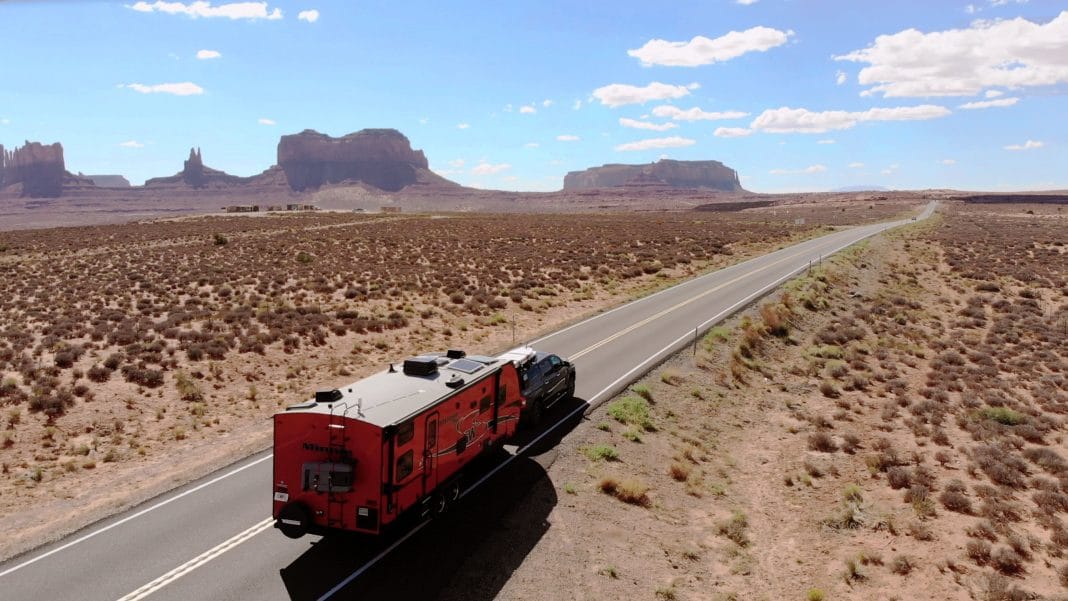Syntroleum Corporation owns a proprietary process for converting natural gas or synthesis gas derived from coal, natural gas and other carbon-based feedstock into synthetic liquid hydrocarbons.
Sponsored by the Department of Energy, Syntroleum produced up to 150,000 gallons of various grades of diesel fuel. According to Syntroleum, their synthetic fuel burns up to 90 percent cleaner than conventional fuel. Syntroleum’s Web site says they have been testing and evaluating fuels and specialties products for more than six years in pilot plant and demonstration facilities. In one program, Syntroleum synthetic diesel fuel delivered 72 mpg in a Daimler-Chrysler diesel-hybrid demonstration vehicle, and met advanced emissions standards with no perceptible drop in performance. In a durability test of Syntroleum using a diesel bus engine and Caterpillar 2004 compliant engine, both engines reportedly completed a 1,500-hour test cycle with no problems.
Domestic hydrocarbon products such as natural gas, coal and oil shale are plentiful in the United States. These can be made into liquid fuels using the Fischer-Tropsch process. Since the cost of fuel has increased so much, synfuels are reaching the breakeven point for production.


